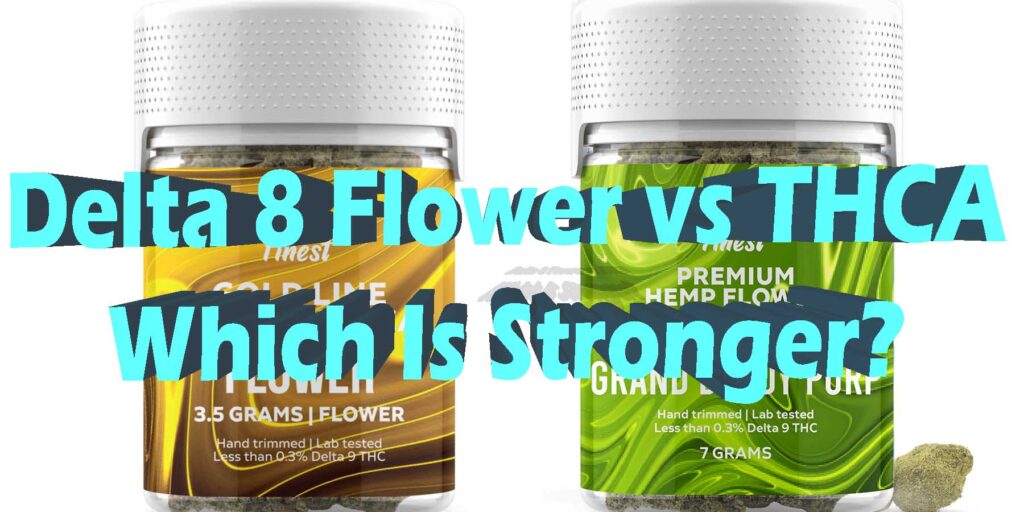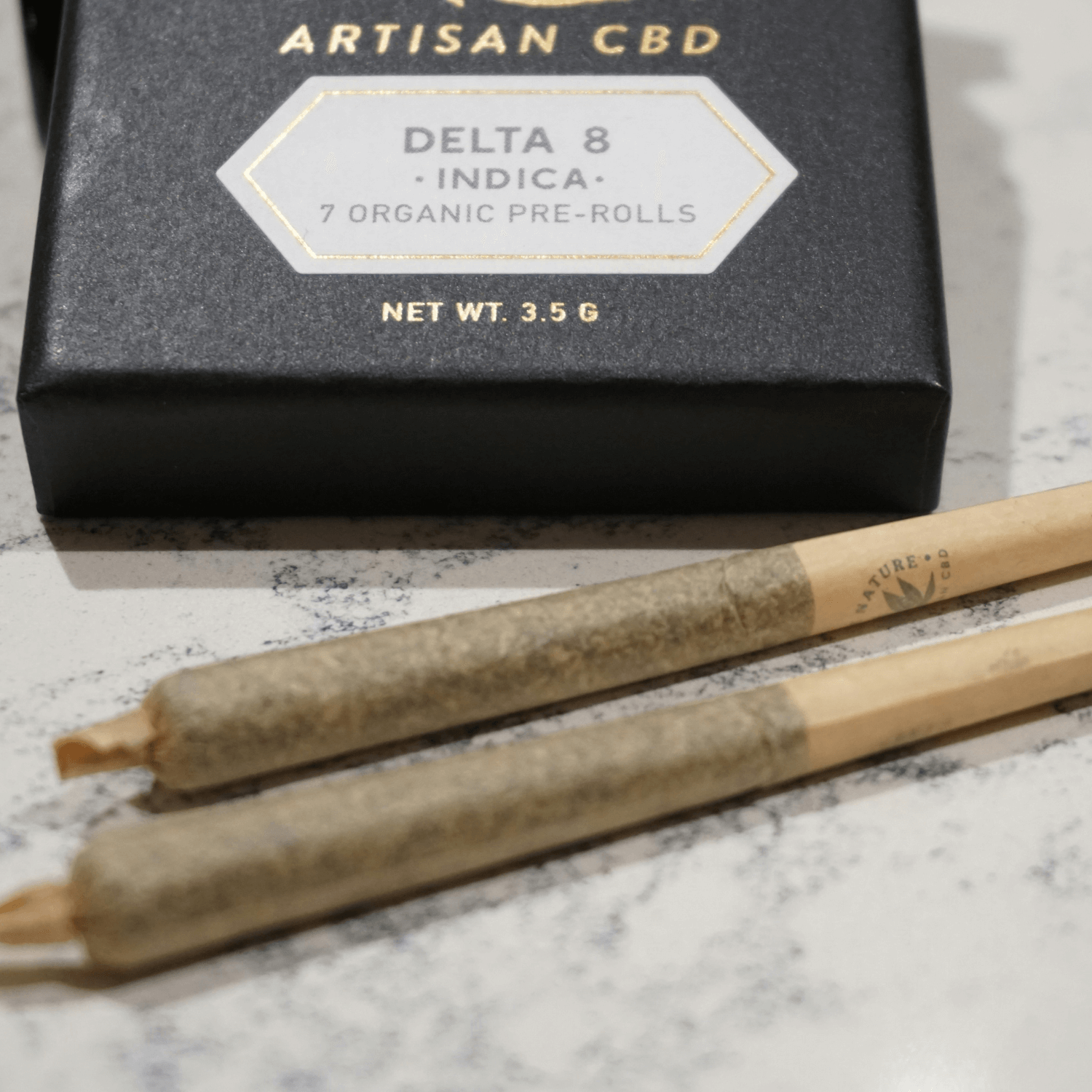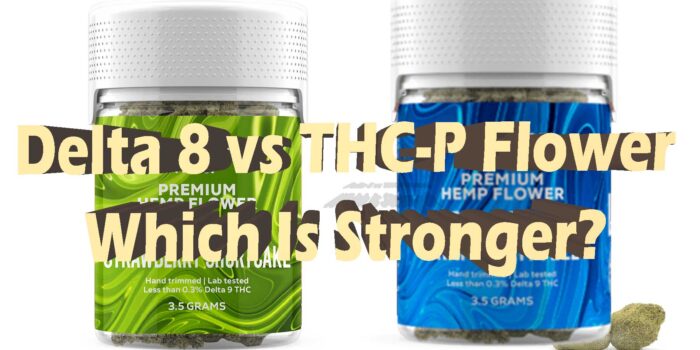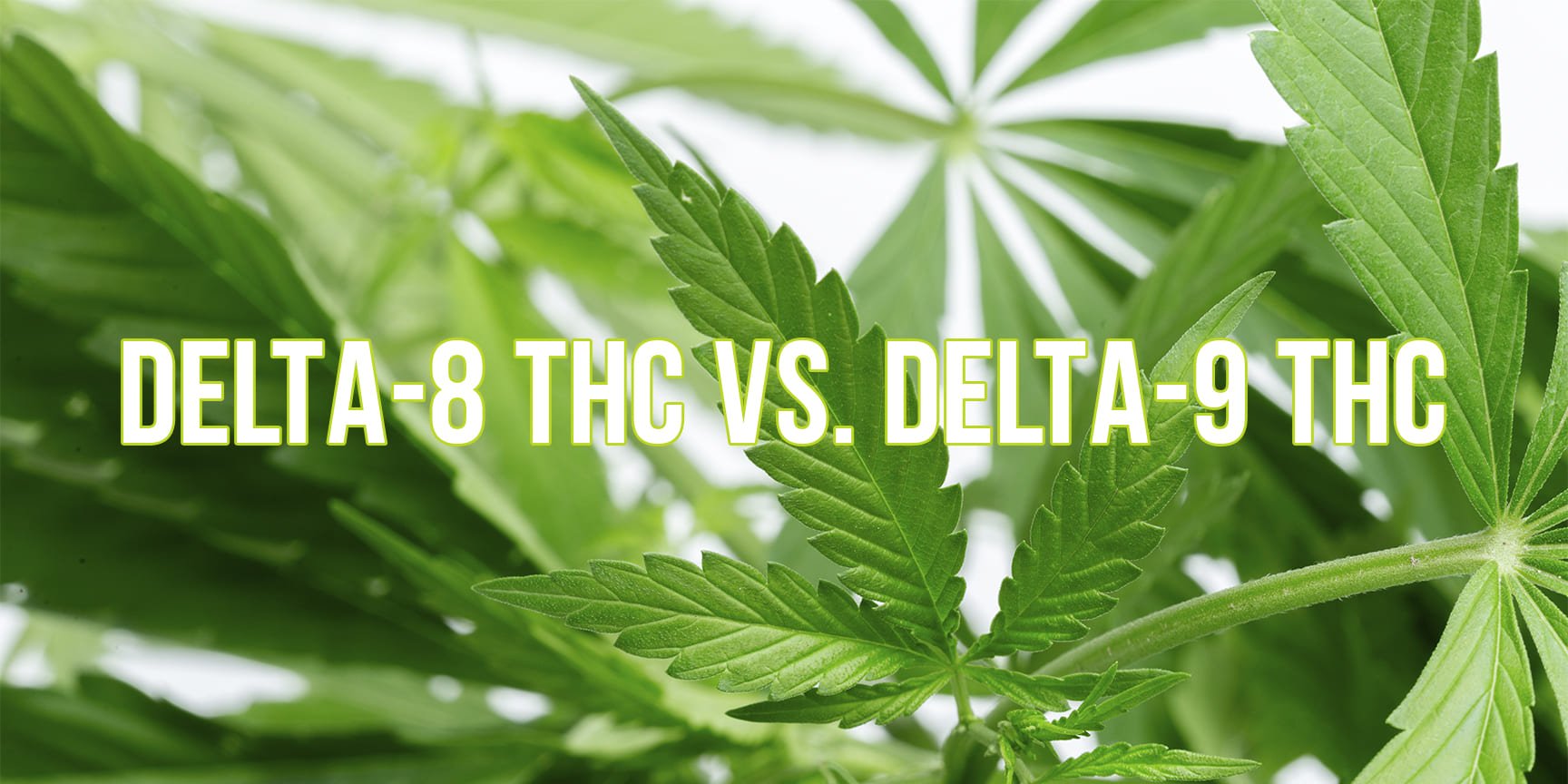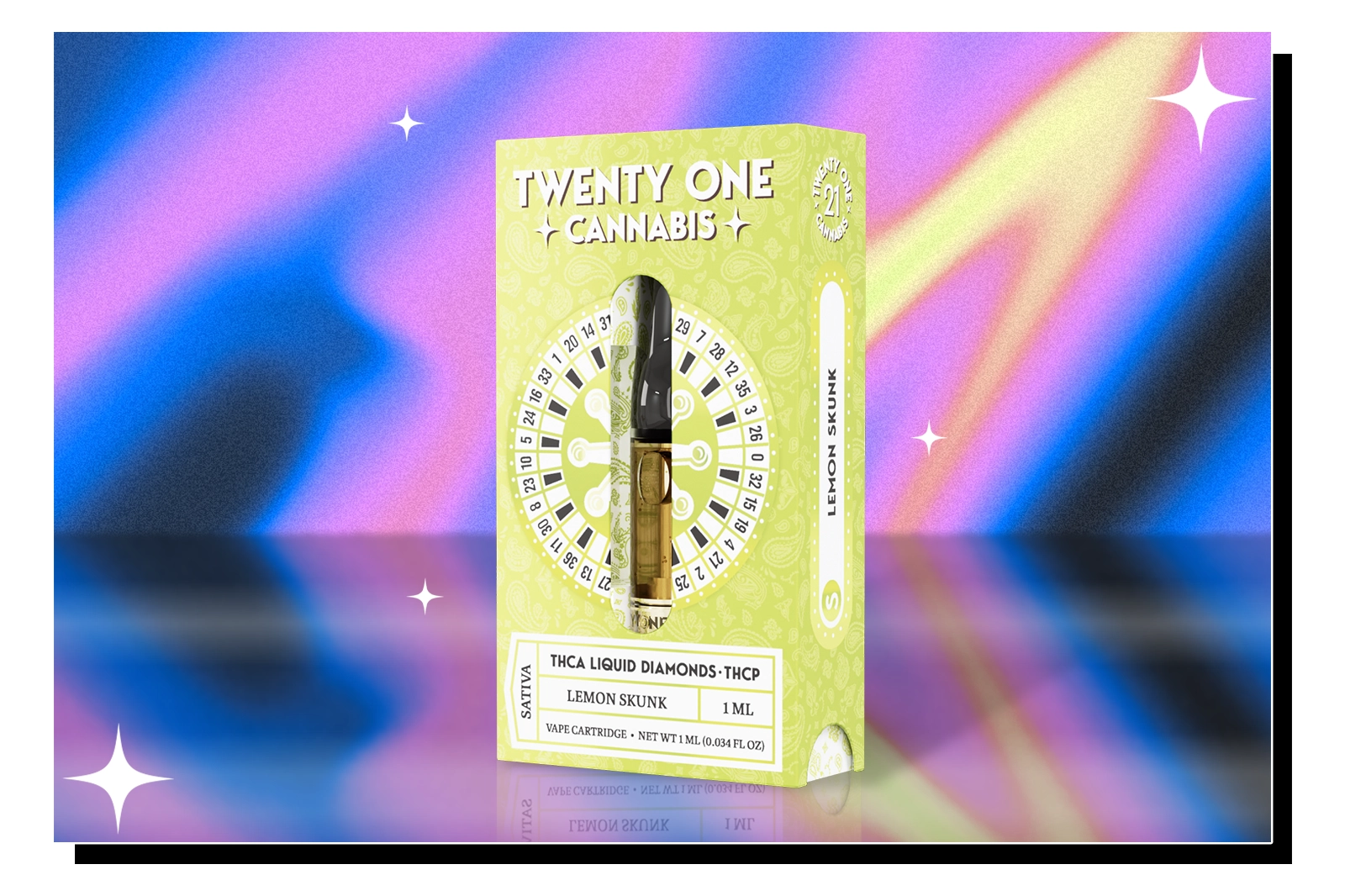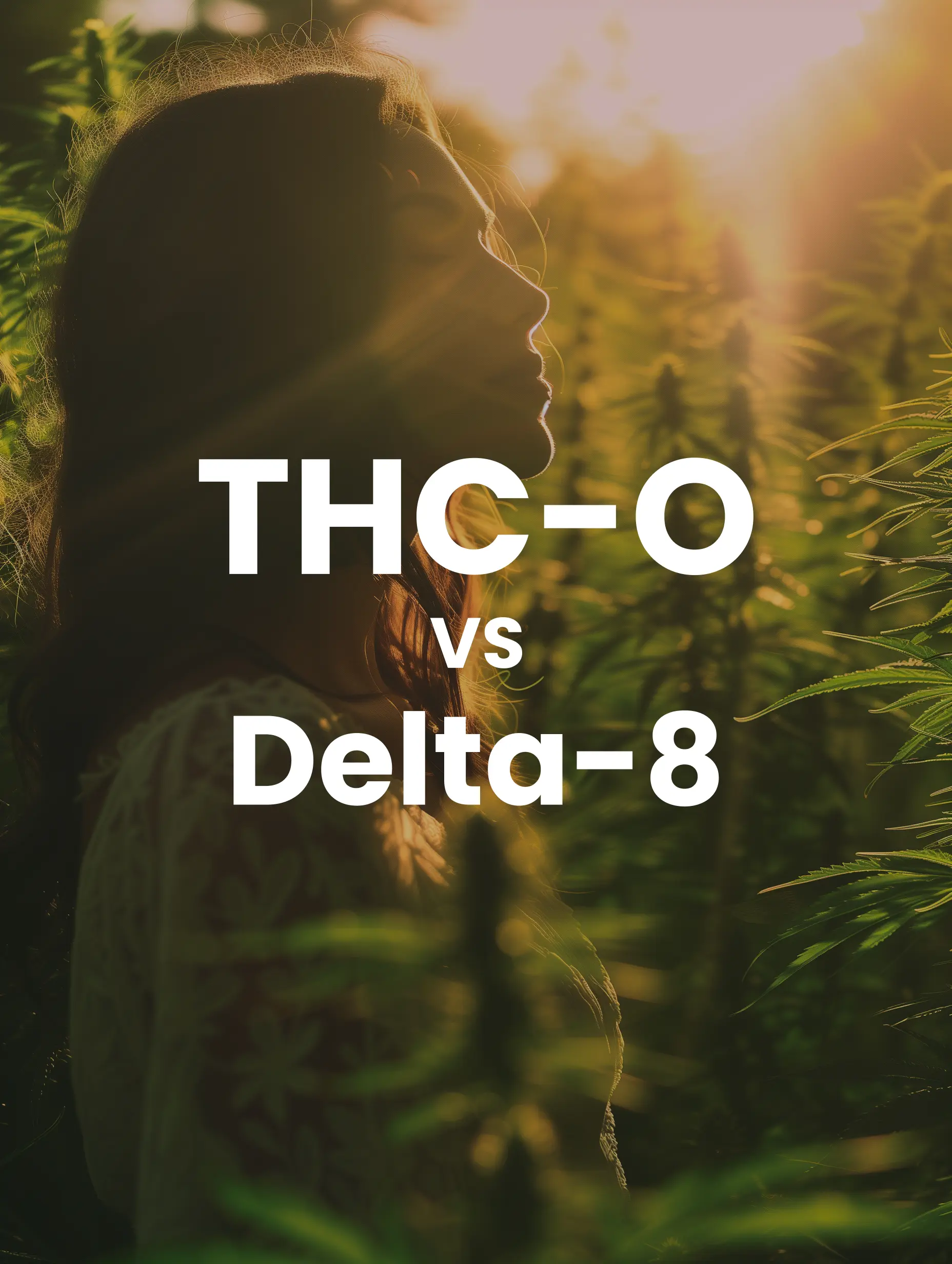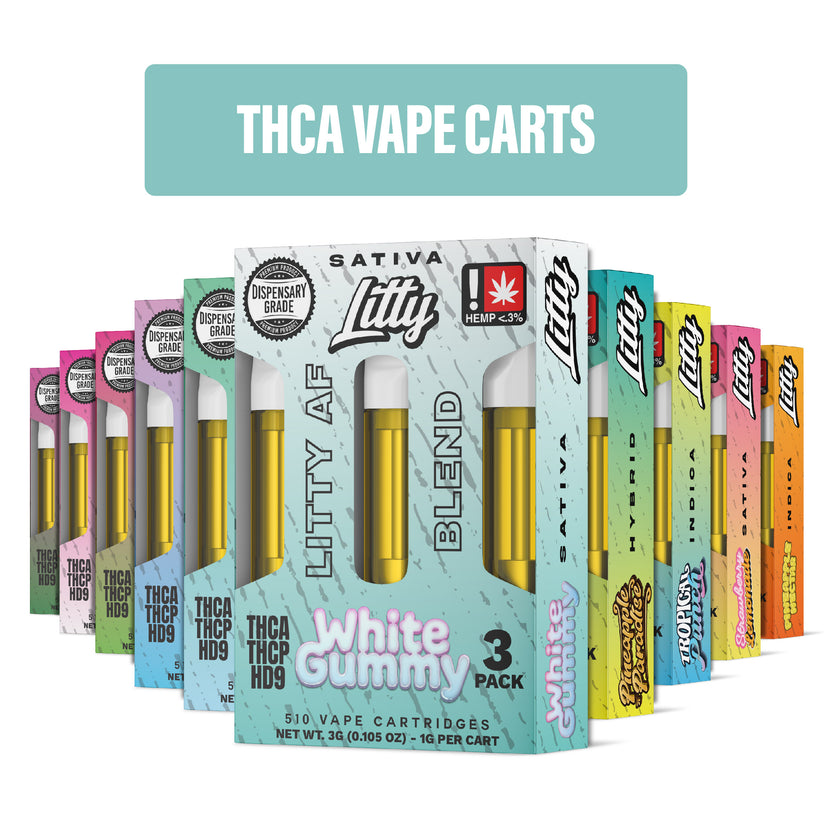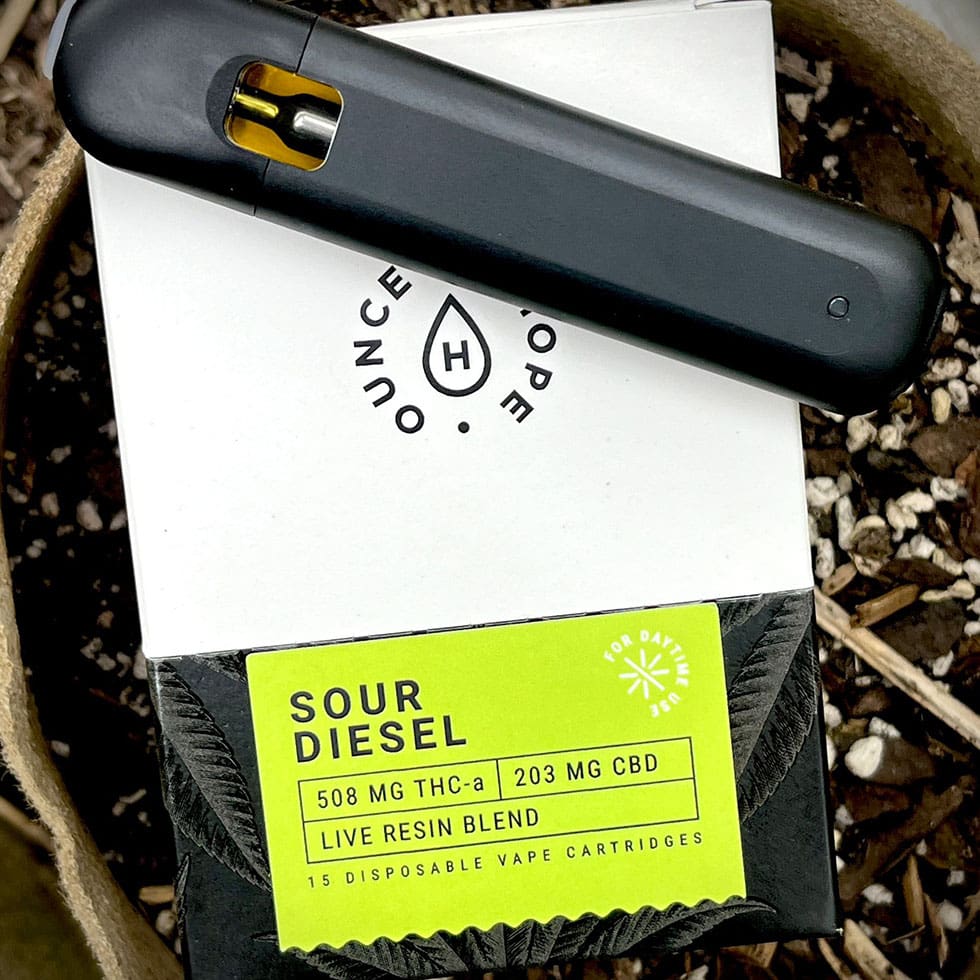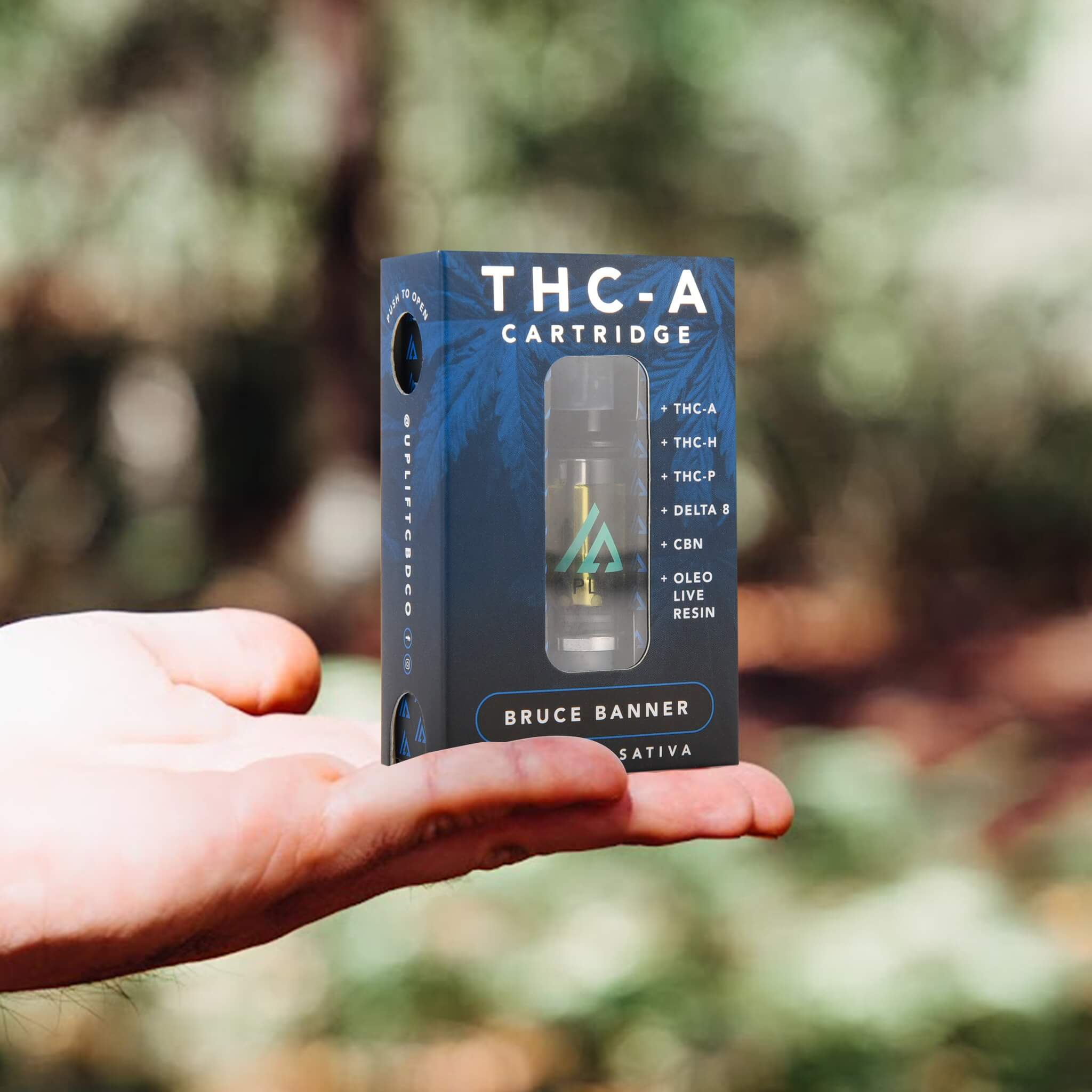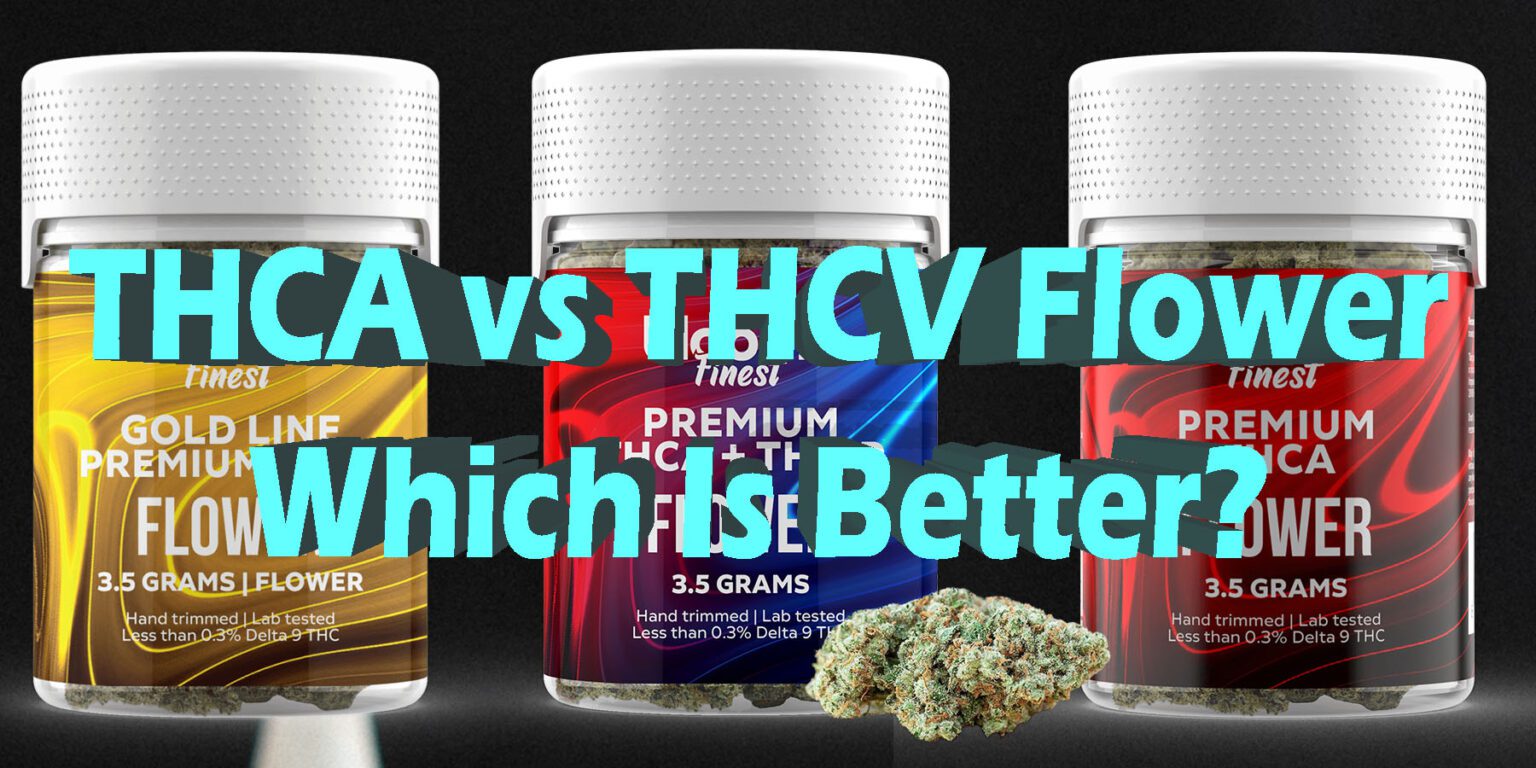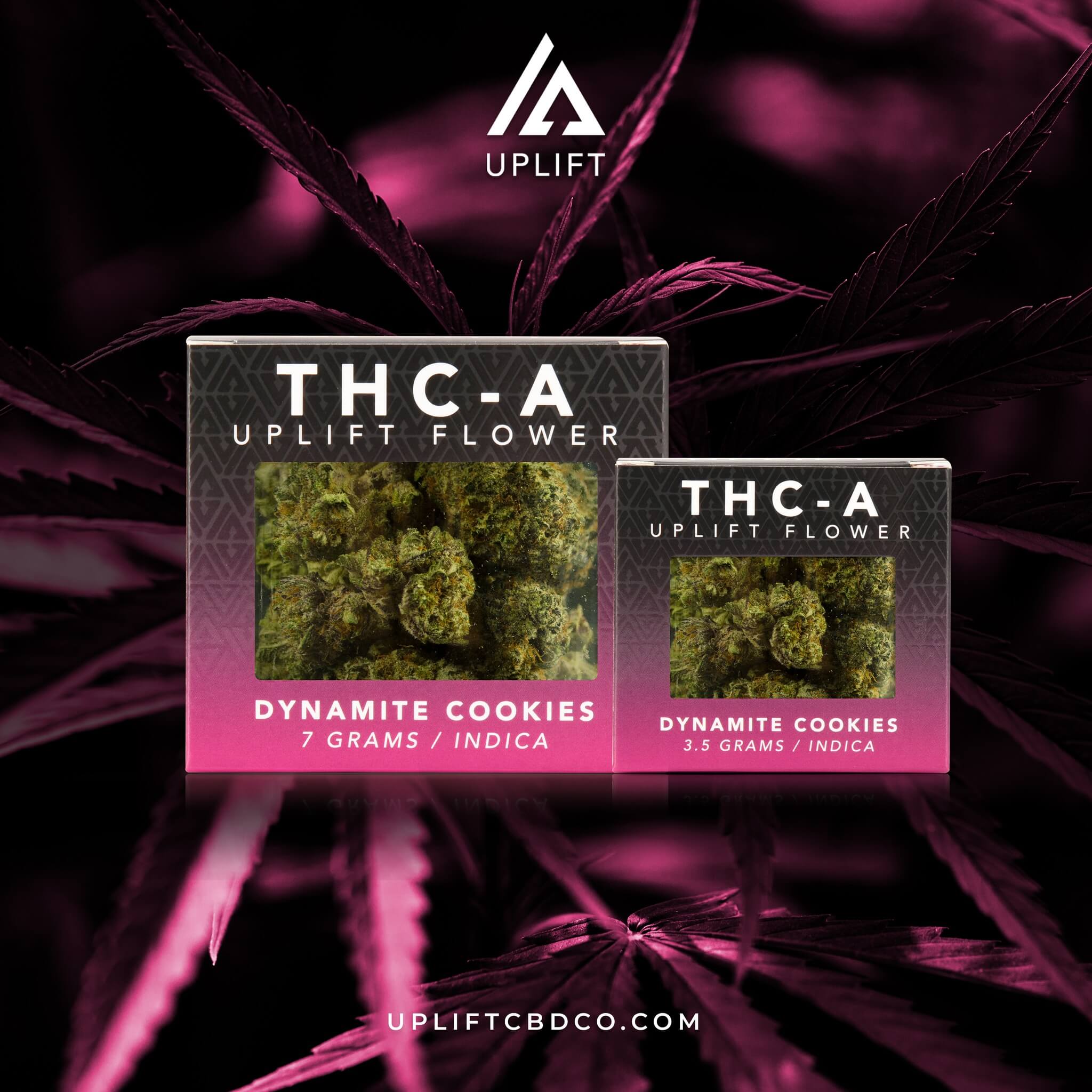Is Delta 8 Stronger Than Thca
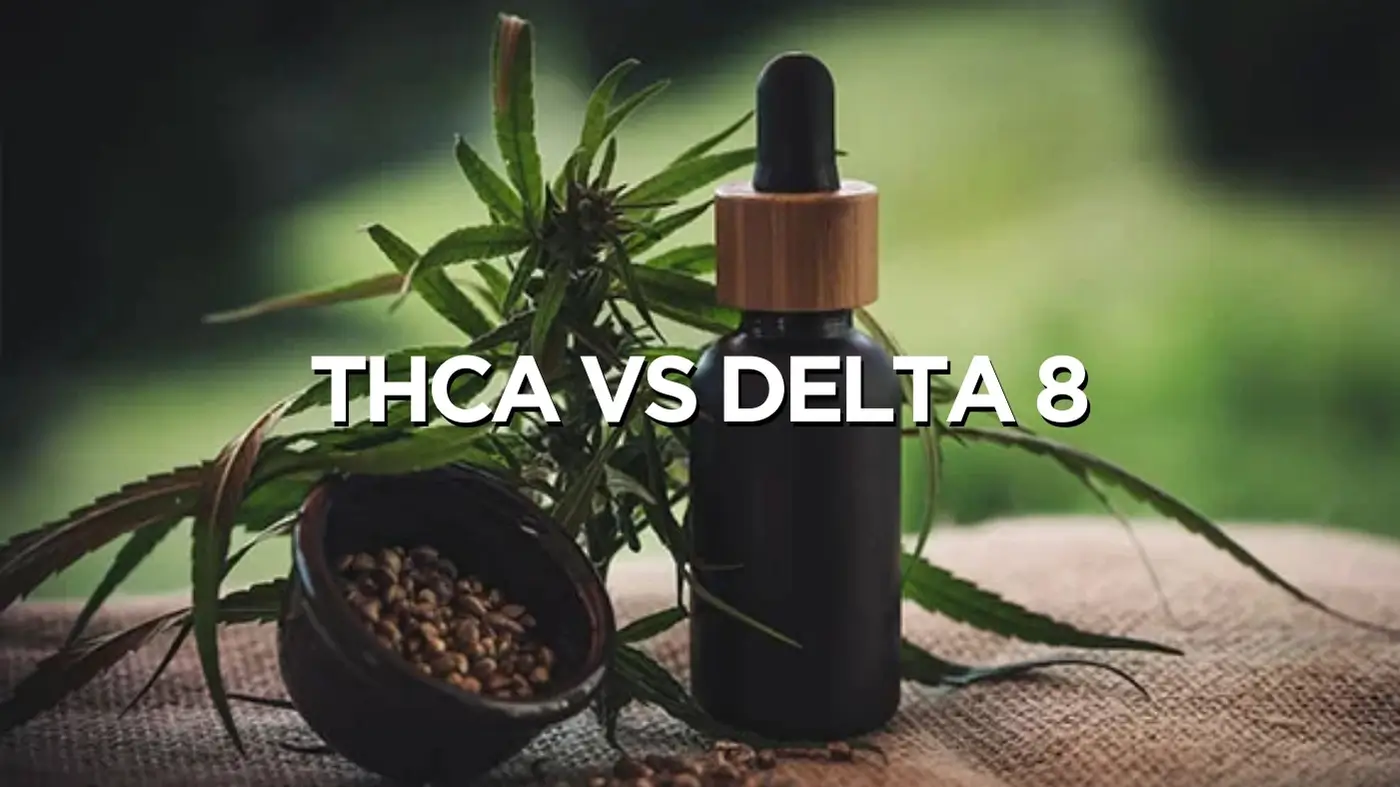
A fierce debate is raging across the nation: Is Delta 8 THC stronger than THCA? Consumers and regulators alike are grappling with this critical question amidst the booming hemp-derived cannabinoid market.
This article cuts through the noise, providing a clear comparison of Delta 8 and THCA based on existing scientific understanding, legal frameworks, and reported user experiences.
The Key Players: Delta 8 vs. THCA
Delta 8 THC is a psychoactive cannabinoid, an isomer of the more well-known Delta 9 THC. It produces similar effects to Delta 9 THC, but generally with a lower potency.
THCA (Tetrahydrocannabinolic Acid) is the non-psychoactive precursor to Delta 9 THC found in raw cannabis.
When heated (through smoking, vaping, or cooking), THCA decarboxylates and converts into the psychoactive Delta 9 THC.
Strength and Psychoactivity: A Direct Comparison
Directly comparing the "strength" of Delta 8 and THCA is complex. THCA itself isn't psychoactive.
Therefore, on its own, THCA is not "stronger" in terms of psychoactive effects. The psychoactive potential lies in its conversion to Delta 9 THC.
Delta 8, on the other hand, is psychoactive, although generally reported to be less potent than Delta 9 THC.
Legal Landscape: A Patchwork of Regulations
The legal status of both Delta 8 and THCA varies significantly by state and federal regulations. This creates a complicated and ever-changing landscape for consumers and businesses.
Federally, Delta 8 exists in a gray area. The 2018 Farm Bill legalized hemp (cannabis with less than 0.3% Delta 9 THC), and some argue that Delta 8 derived from hemp is therefore legal.
However, the DEA has indicated that synthetically derived THC, including Delta 8 created through chemical conversion, is illegal. Many states have also banned or restricted Delta 8 sales.
THCA's legality is also tied to the definition of hemp. As long as the raw cannabis plant contains less than 0.3% Delta 9 THC, it's often considered legal hemp, even with high THCA content.
User Experiences and Reported Effects
User reports consistently indicate that Delta 8 produces a milder psychoactive experience compared to Delta 9 THC. Many describe a less anxious and clearer high.
However, individual responses can vary greatly depending on factors such as dosage, tolerance, and individual body chemistry.
Anecdotal evidence suggests that the effects of THCA, once converted to Delta 9 THC, are more potent than those of Delta 8. The strength will depend on the amount of THCA and the efficiency of decarboxylation.
Scientific Evidence: What Does the Research Say?
Research on both Delta 8 and THCA is still limited due to legal restrictions and funding challenges. More robust clinical trials are needed to fully understand their effects.
Studies on Delta 8 suggest potential therapeutic benefits, including pain relief, anti-nausea effects, and anxiety reduction. However, more research is needed to confirm these findings.
Regarding THCA, preliminary research indicates potential anti-inflammatory, neuroprotective, and anti-cancer properties. These studies are typically preclinical and require further investigation.
Concerns and Safety Considerations
The lack of regulation in the Delta 8 market raises significant safety concerns. Independent testing has revealed inconsistencies in product labeling and the presence of harmful contaminants.
Consumers should only purchase Delta 8 products from reputable sources that provide third-party lab testing results.
Likewise, THCA products should also be sourced responsibly, ensuring accurate labeling and purity testing to assess its purity before decarboxylation.
The Verdict: Not Directly Comparable
The question of whether Delta 8 is "stronger" than THCA is misleading. THCA is non-psychoactive in its raw form, so it cannot be directly compared to the psychoactive Delta 8.
The psychoactive potential of THCA lies in its conversion to Delta 9 THC, which is generally considered more potent than Delta 8.
Ultimately, the perceived "strength" of these cannabinoids depends on how they are consumed and the individual's response.
What's Next? Regulatory Scrutiny and Consumer Awareness
Expect increased regulatory scrutiny of both Delta 8 and THCA in the coming months. States are actively reevaluating their cannabis laws, potentially leading to further bans or restrictions.
Consumers should stay informed about the legal status of these cannabinoids in their respective states and prioritize purchasing from reputable sources that prioritize safety and transparency.
Ongoing research is crucial to better understand the potential benefits and risks associated with Delta 8 and THCA, enabling informed decision-making for consumers and policymakers alike.
